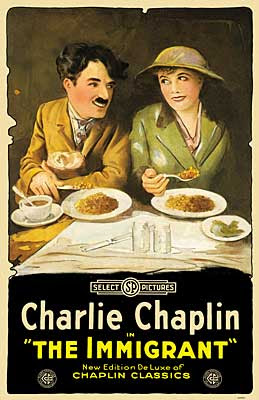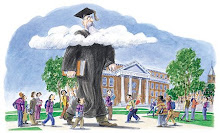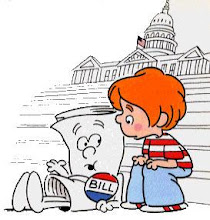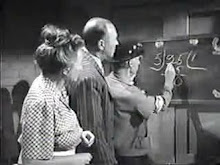
 The late Tim Russert did a decidedly tongue-in-cheek bit on Meet the Press with Colbert in October 2007
The late Tim Russert did a decidedly tongue-in-cheek bit on Meet the Press with Colbert in October 2007 where they briefly discussed gay marriage as part of an interview about Colbert's short-lived presidential campaign.
The Colbert Report did a funny piece on gay marriage in 2006
here.
Family Research Council President Tony Perkins came on the show in May of last year.
Stephen and Perkins discussed their outrage over the CA Supreme Court ruling legalizing gay marriage. I get the impression that Stephen is not really outraged, don't you? Ah, the power of satire.
After Proposition 8 passed in 2008, Stephen noted the attempt by newscasters to cast their issue as a Blacks vs. Gays conflict. His commentary,
Imaginary Gay/Black Warfare: The senseless and escalating imaginary war between blacks and gays is tearing our great nation apart, called to mind the famous quote from William Randolph Hearst discussed in
this article from Time Magazine in 1947.
What do you think about the media and their coverage of this issue and others?
A week after the election,
Dan Savage, a sex columnist for Seattle's Stranger, appeared on Colbert's show and assessed whether black voters were responsible for the passage of Prop. 8. His conclusions may strike you as deliberately provocative, if not downright offensive. He believes that the major opposition to gay marriage came from "old people." And he proclaimed that the proponents of gay marriage will win in the end because they will "outlive, outlast and outsmart the bigots."
What do you think about what Savage says? Is it acceptable to fight discrimination by exhibiting ageism? Do you think his later remark, in which he replaces "old people" with "bigots" is an attempt to recast the comment and clarify who the true villains are?
 Want more? Let me know if you'd like to see another class!
Want more? Let me know if you'd like to see another class!














































